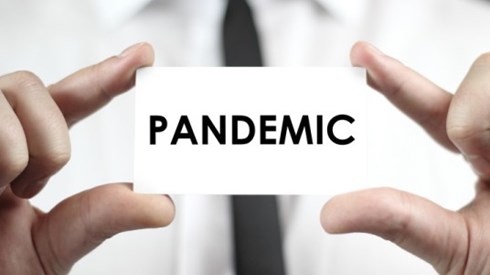Captives Will Step in If Insurers Label Pandemics "Uninsurable"

September 23, 2020

Commercial insurance companies should not be surprised to see buyers reduce their premium spending across lines if they continue to tap out of difficult-to-insure risks like pandemics, according to Zach Finn, clinical professor of risk management and insurance at Butler University.
Speaking to Richard Cutcher in episode 38 of the Global Captive Podcast, Mr. Finn said risk managers will be forced to invent their own coverage by using their captive, and this may have an impact on more than just the lines related to pandemics, cyber risks, and terrorism that have been traditionally hard to insure.
With the insurance market hardening since 2018, the pandemic has only exacerbated an already difficult environment for insurance buyers. The use of, and interest in, captives has increased as a result of the hard market and the pandemic, but new lines and higher retentions require increased capital.
Mr. Finn believes that if risk managers cannot buy coverage or access the capacity they need for their own first-party risks, including business interruption from a pandemic, then they will increasingly consider writing profitable third-party lines of business.
"When the insurance industry checks out and says there's no more coverage, guess what the risk managers do? They invent it! We're forced to invent coverage," he says in the podcast episode.
"If you've invented a hoverboard or an autonomous vehicle, you're going to have to invent the insurance for that at the same time. That's where we're finding ourselves in this new economy.
"That's what I think the industry's challenge is. By saying pandemics are uninsurable, what it's going to do is force large corporations and trade associations to cannibalize all of the other insurable risks in order to create their own portfolios to where they can provide themselves with pandemic coverage," Mr. Finn said.
Mr. Finn also discussed Congress's response to COVID-19 and his thoughts on the Pandemic Risk Insurance Act (PRIA), which is currently being considered by legislators and has received support from RIMS.
He explains that while he broadly supports the concept of PRIA, there remains an insurance knowledge gap at the federal level because it's a state-regulated industry in the United States, unlike banking.
"There are a lot of people within United States Congress that have very good expertise around finance that would allow them to create and vet and bring into legislation ideas that would help around the Great Recession and financial crisis," Mr. Finn added.
"I don't feel that there are that many people in Congress who are educated enough about insurance to really be able to understand, create, or vet the ideas that are being presented to them. What's happening is they are listening to the loudest voices. And we are a very fractured industry."
Global Captive Podcast episode 38 also features interviews with Tracy Hassett, president of Vermont-domiciled group captive edHEALTH, and Thomas Keist, global captive solutions leader at Swiss Re Corporate Solutions, on the concept of virtual captives.
September 23, 2020





